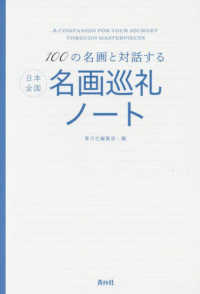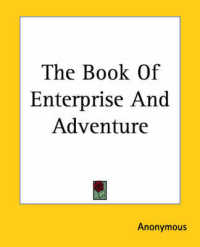基本説明
邦訳:原書房、2008年3月。
Sabine Frühstück draws on interviews, historical research, and analysis to describe the unusual case of a non-warmaking military. As the first scholar permitted to participate in basic SDF training, she offers a firsthand look at an army trained for combat that nevertheless serves nontraditional military needs.
Full Description
Following World War II, Japan's postwar constitution forbade the country to wage war or create an army. However, with the emergence of the cold war in the 1950s, Japan was urged to establish the Self-Defense Forces as a way to bolster Western defenses against the tide of Asian communism. Although the SDF's role is supposedly limited to self-defense, Japan's armed forces are equipped with advanced weapons technology and the world's third-largest military budget. Sabine Fruhstuck draws on interviews, historical research, and analysis to describe the unusual case of a non-war-making military. As the first scholar permitted to participate in basic SDF training, she offers a firsthand look at an army trained for combat that nevertheless serves nontraditional military needs.
Contents
List of Illustrations Acknowledgments Note on Asterisked Names and Abbreviations Introduction 1. On Base 2. Postwar Postwarrior Heroism 3. Feminist Militarists 4. Military Manipulations of Popular Culture 5. Embattled Memories, Ersatz Histories Epilogue Notes References Index








